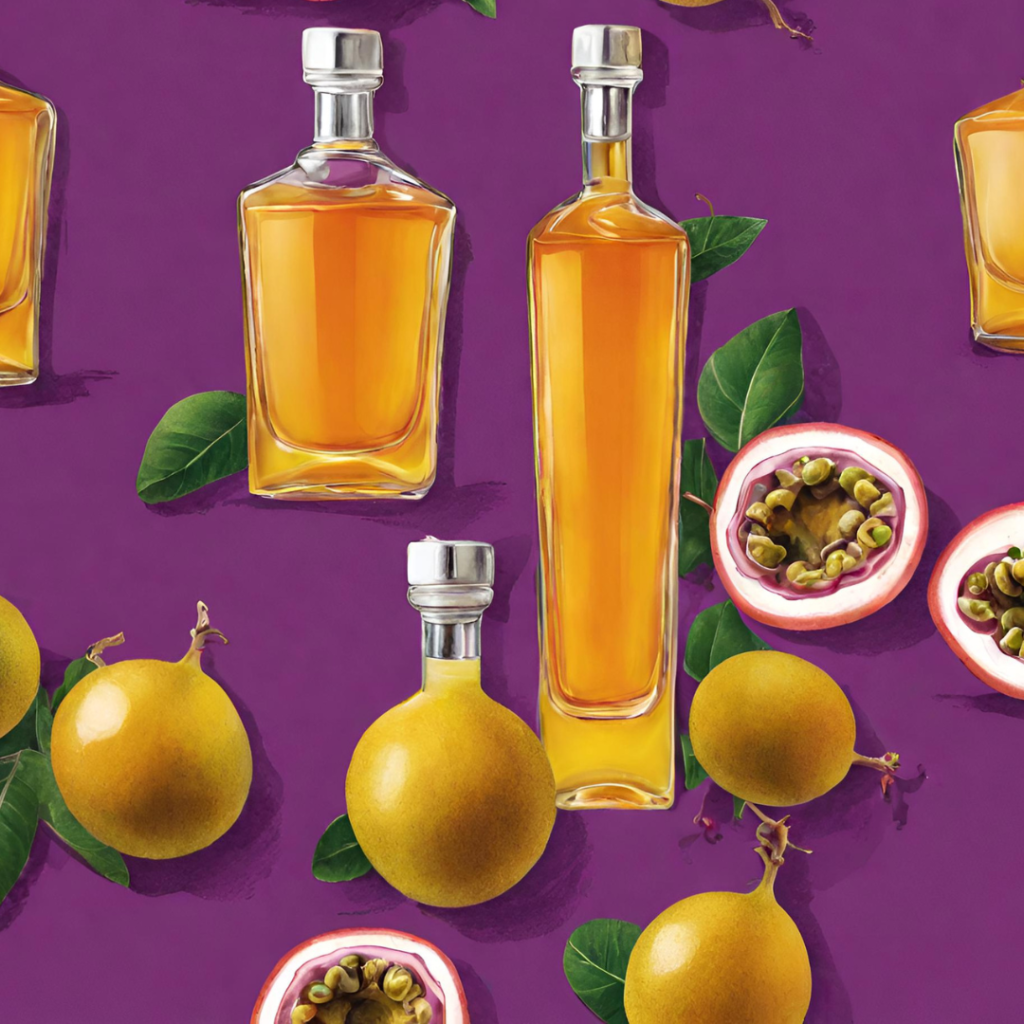Introduction
As the search for natural ways to boost testosterone levels continues, various foods and beverages have been scrutinized for their potential hormonal benefits. One intriguing subject of interest is passion fruit liqueur. In this article, we explore the question: does passion fruit liqueur have the potential to increase testosterone levels? Let’s delve into the science behind passion fruit, its liqueur counterpart, and their potential impact on hormonal health.

Passion Fruit Liqueur: A Taste of Exotic Indulgence
Passion fruit liqueur stands as a testament to the artistry of mixology, capturing the essence of the tropical and aromatic passion fruit in a liquid form that tantalizes the taste buds. Let’s delve into the intricacies of this exotic indulgence, exploring the journey from the vibrant passion fruit to the creation of a liqueur that adds a touch of luxury to cocktails and culinary creations.
The story begins with the passion fruit itself, a tropical fruit known for its distinctive appearance and complex flavor profile. The passion fruit, with its wrinkled exterior and juicy, seed-filled interior, brings a unique combination of sweetness and tartness. Originating from South America, it has become a global favorite, celebrated for its exotic taste and potential health benefits.
Passion fruit liqueur represents the marriage of craftsmanship and the allure of exotic flavors. From the careful extraction of passion fruit essence to the meticulous balancing of flavors and the versatility it lends to mixology and culinary arts, this liqueur is a testament to the artful blending of nature’s bounty with human ingenuity. As you savor a sip of passion fruit liqueur, you embark on a journey that transcends the ordinary, embracing the extraordinary fusion of flavors in a glass

Analyzing the Nutritional Composition of Passion Fruit
Before delving into the potential impact of passion fruit liqueur on testosterone, let’s first examine the nutritional profile of the passion fruit itself:
1. Vitamins and Antioxidants
Passion fruit is rich in vitamins, particularly vitamin C, which boasts antioxidant properties. Antioxidants play a crucial role in neutralizing free radicals, potentially protecting cells, including those involved in testosterone production, from oxidative stress.
2. Dietary Fiber
Passion fruit is a good source of dietary fiber, which contributes to digestive health. While the direct link between fiber and testosterone is not firmly established, a healthy digestive system indirectly supports overall well-being.
3. Minerals
Passion fruit contains essential minerals, including potassium and magnesium. These minerals play various roles in the body, contributing to overall health, but their direct impact on testosterone levels may require further research.
The Potential Impact of Passion Fruit Liqueur on Testosterone
While the nutritional components of passion fruit suggest potential health benefits, it’s crucial to distinguish between the whole fruit and its liqueur form. Passion fruit liqueur often undergoes processing and may contain added sugars and other ingredients that can influence its nutritional profile.
Alcohol Content Consideration
Alcohol, a primary component of liqueurs, can have complex effects on hormonal balance. Excessive alcohol consumption is associated with disruptions in testosterone production and metabolism. Therefore, moderation is key when considering the potential impact of passion fruit liqueur on testosterone.
Added Sugars and Calories
Many commercially available liqueurs, including passion fruit liqueur, may contain added sugars and calories. High sugar intake and excess calories can contribute to metabolic issues, potentially impacting hormonal health.
Conclusion
While passion fruit itself offers a range of potential health benefits, the same cannot necessarily be extrapolated to passion fruit liqueur. The presence of alcohol, added sugars, and other ingredients in the liqueur form introduces variables that may influence its impact on testosterone levels.
As with any dietary consideration, it’s crucial to approach the consumption of passion fruit liqueur with moderation. If you’re specifically seeking to support testosterone levels, focusing on a well-rounded and balanced diet, regular exercise, sufficient sleep, and stress management are essential components of a holistic approach to hormonal health.